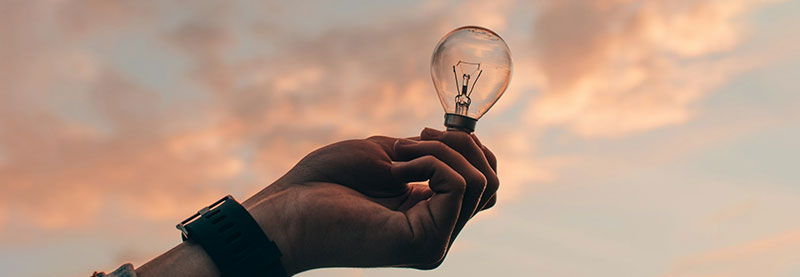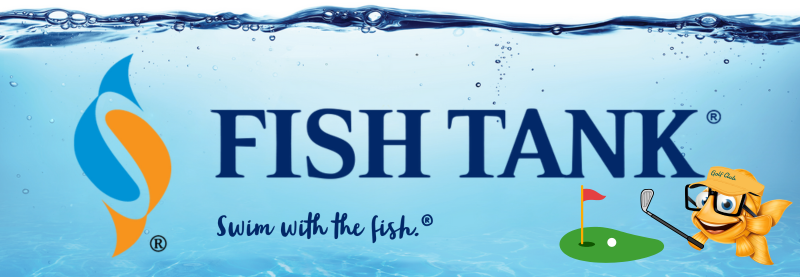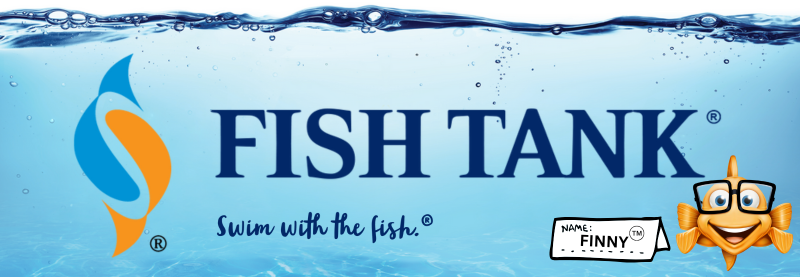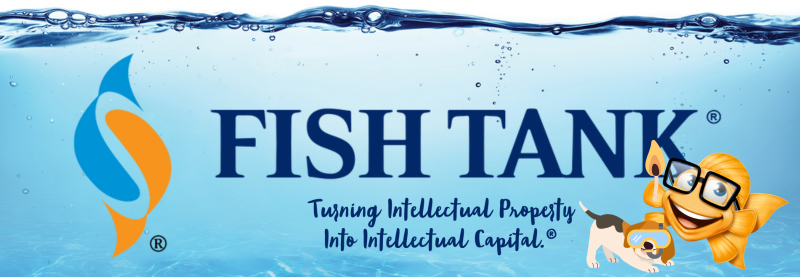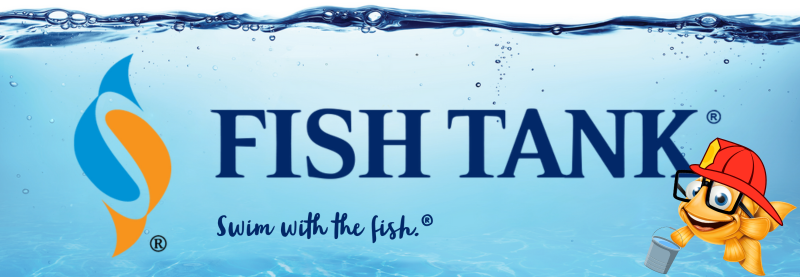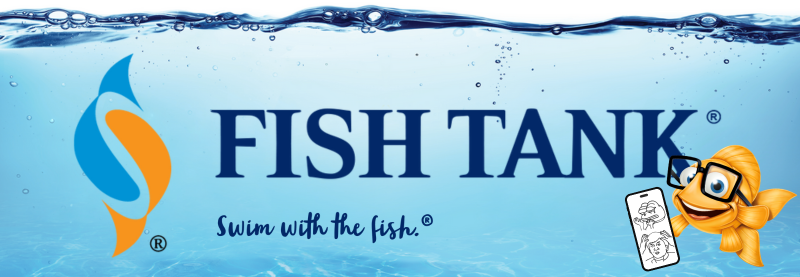Intellectual Property Insights from Fishman Stewart PLLC
Newsletter – Volume 24, Issue 13
Share on Social

Change The World Through Innovation
By Anthony Gartrelle
First-time inventions have led inventors to great successes throughout history, sometimes immediately, sometimes after several more attempts at more useful inventions. In the U.S., two very famous inventors with contrasting first-time experiences are Thomas Edison and Alexander Graham Bell.
Known as one of the greatest inventors of all time, Edison was granted more than 1,000 patents, however, he had to start somewhere. Thomas Edison’s first patent, U.S. Patent No. 90,646, was for improvements in electrographic vote-recorders, issued on June 1, 1869. This first application was not successful, not because it wasn’t new or innovative, but because politicians did not want to move to an electronic voting system in the 19th century.
While we continue to spread electronic voting machines today, 150 years later, Edison moved on to more useful inventions, including his claim to fame still today: the first commercially available incandescent lightbulb. Edison was issued the incandescent lamp, U.S. Patent No. 223,898, on January 27, 1880. The Edison Illuminating Company soon followed on December 17, 1880.
Alexander Graham Bell’s first foray into patented inventions was much more successful. Bell’s U.S. Patent No. 174,465, issued on March 7, 1876, for the telephone. This invention led Bell to start the Bell Telephone Company in 1877.
While Bell had only around 30 U.S. patents, his ideas changed the world and led Bell to many successes. Both Edison and Bell left lasting legacies that continue to inspire modern minds through their inventions.
Edison and Bell both became quite famous despite different first-time patenting experiences. These great inventors had to start somewhere.
The next Edison or Bell may be filing right now through incentive programs offered by the USPTO. The USPTO addresses current and future problems by offering “Pilot Programs” for patent applications. These programs provide benefits by streamlining the patenting process for certain applications which meet predetermined requirements, e.g., advances in a specific technology such as climate change and semiconductor chips.
The USPTO currently is running a “First-Time Filer Expedited Examination Pilot Program” to promote innovation for first-time inventors. The Program began on March 9, 2023, and runs until either March 11, 2025, or when 1,000 petitions by first time filers to expedite examination are granted.
Qualified applications must name a first-time inventor, qualify for the micro entity status per the USPTO Fee Schedule, among other requirements. There have been 196 granted petitions under this Pilot Program as of June 4, 2024.
A lot has changed since the issuance of Edison and Bell’s first inventions, the USPTO issued patent no. 12 million this week, on June 4. But the importance of inventors getting started is as important today as in Edison’s and Bell’s day.
You could have instant success like Bell, or a widely ignored first application like Edison and still be a successful inventor if you pursue your inventions. Share your great ideas with the world and take advantage of the first-time filer program before it ends!
Anthony M. Gartrelle is an associate at Fishman Stewart, PLLC. Anthony possesses a Bachelor of Science in Electrical Engineering from Kettering University and has experienced a wide range of technological fields while working for various Intellectual Property law firms as well as a Patent Examiner at the United States Patent and Trademark Office (USPTO).

Related Content from Fishman Stewart
L.A.B. Golf aims to protect its innovations, and therefore its market position, owning three patents for its zero-torque design. The question now is whether L.A.B. Golf can withstand the wave of copycat designs.
One of his most famous songs, “Lose Yourself” was recently at the center of a lawsuit. In 2019, Eminem’s publishing company Eight Mile Style sued Spotify claiming that Spotify streamed a number of its musical compositions without proper licenses.
Our latest article tackles three common trademark questions: 1. Can I trademark my own name? 2. Can I trademark the name of a fictional character? 3. Can I trademark the name of a U.S. president or British royal?
One of the most common challenges is whether AI should be free to train on data that is protected by copyright and owned by third parties without first obtaining permission.
Like the titles of single creative works, character names do not generate trademark rights unless used for a series of creative works (meaning two or more). A year ago, Jane Wick, LLC filed a trademark application for the mark JANE WICK in logo format.
The U.S. Copyright Office (USCO) recently published its latest report on AI and “copyrightability.” In short, the USCO considers only some AI-generated works to be sufficiently creative as to deserve copyright protection, and thus, registration.
We know that as of June 4, 2024, the United States Patent and Trademark Office (USPTO) had issued more than twelve million patents. We also know that more than 10,000 patents were in existence before the count began.
Back in the 1940’s assignments by independent contractors could be permanent and irrevocable. Things changed in 1976, when Congress overhauled the Copyright Act.
Generally, copyright protects the specific expression of ideas, such as the arrangement and presentation of visual elements, but it does not protect general concepts or styles.
In the age of the internet, memes are a universal language. A meme is a piece of content, typically an image, video, text, or a combination of these, that spreads rapidly across the internet, often with humorous, relatable, or satirical undertones.
IDENTIFYING, SECURING AND ADVANCING CREATIVITY®


